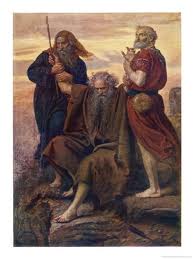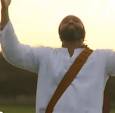First Fruits, Led by an Ox and a Flute
Rabbi Chanan Morisson The Mishnah in Bikurim (3:2-3) describes the impressive procession of Jewish farmers, as they brought their first-fruits to Jerusalem: “How were the first-fruits brought up to Jerusalem? Farmers from surrounding towns would gather in the district capital, and camp out in the main square. In the morning, the officer would call out, … Read more







